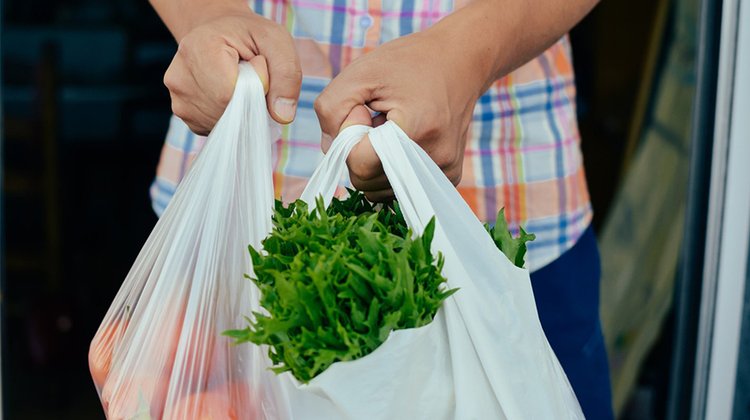Cyprus 4th in plastic bags use in the EU despite measures, according to Eurostat
08:05 - 13 November 2024

Cyprus was the country with the fourth largest consumption of plastic bags in the EU in 2022, according to data on lightweight plastic carrier bags (LPCBs) published by Eurostat, which also shows that the use of such bags dropped by 14% compared with 2021 due to measures promoted by the member states.
Among the EU countries with available data, the countries that reported the highest consumption of LPCBs per person in 2022 were Lithuania (249 bags per person), Latvia (193) and Czechia (185).
Cyprus was in fourth place with more than 150 plastic bags per person (Eurostat’s press release and data do not include the exact number for the total use of plastic bags per person, only according to bag thickness).
The majority of consumption in the first three countries related to very lightweight plastic carrier bags (VLPCBs), that is bags with a thickness of less than 15 micrometres (microns).
In Cyprus, in 2022, the usage of bags with a thickness of less than 15 microns stood at 82.3 per person, the usage of bags with thickness between 15 and 49 microns stood at 83.8 per person, and the usage of bags with thickness smaller than 50 microns per person stood at 166.1 per person.
The countries that reported the lowest consumption were Belgium (4 bags per person), Poland (7) and Portugal (13).
Across the EU in 2022, each person used on average 66.6 lightweight plastic carrier bags. This marked a decrease of 10.8 bags (-14%) per person compared with 2021. In total, 29.8 billion lightweight plastic carrier bags were consumed across the EU in 2022, marking a decrease of 4.7 billion bags from 2021.
All EU countries have consumption reduction measures in place as required by the Plastic Bags Directive, which aims to reduce the consumption of LPCBs to not exceed 40 bags per person by 31 December 2025 (this target does not include VLPCBs).
The variation in per capita consumption is mainly due to differences in the effectiveness of measures, influenced by economic, social and policy factors. Additionally, some countries implemented consumption reduction measures during 2018 - 2022, while others had them in place for a longer period. A third factor is the use of different calculation methods across EU countries.
(Source: CNA)
